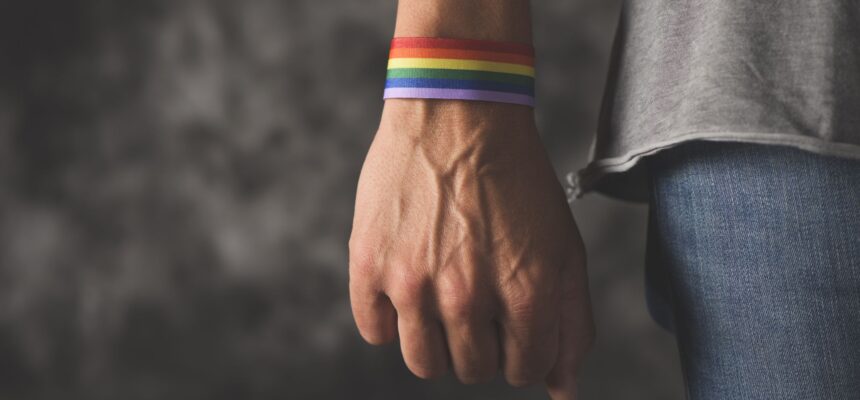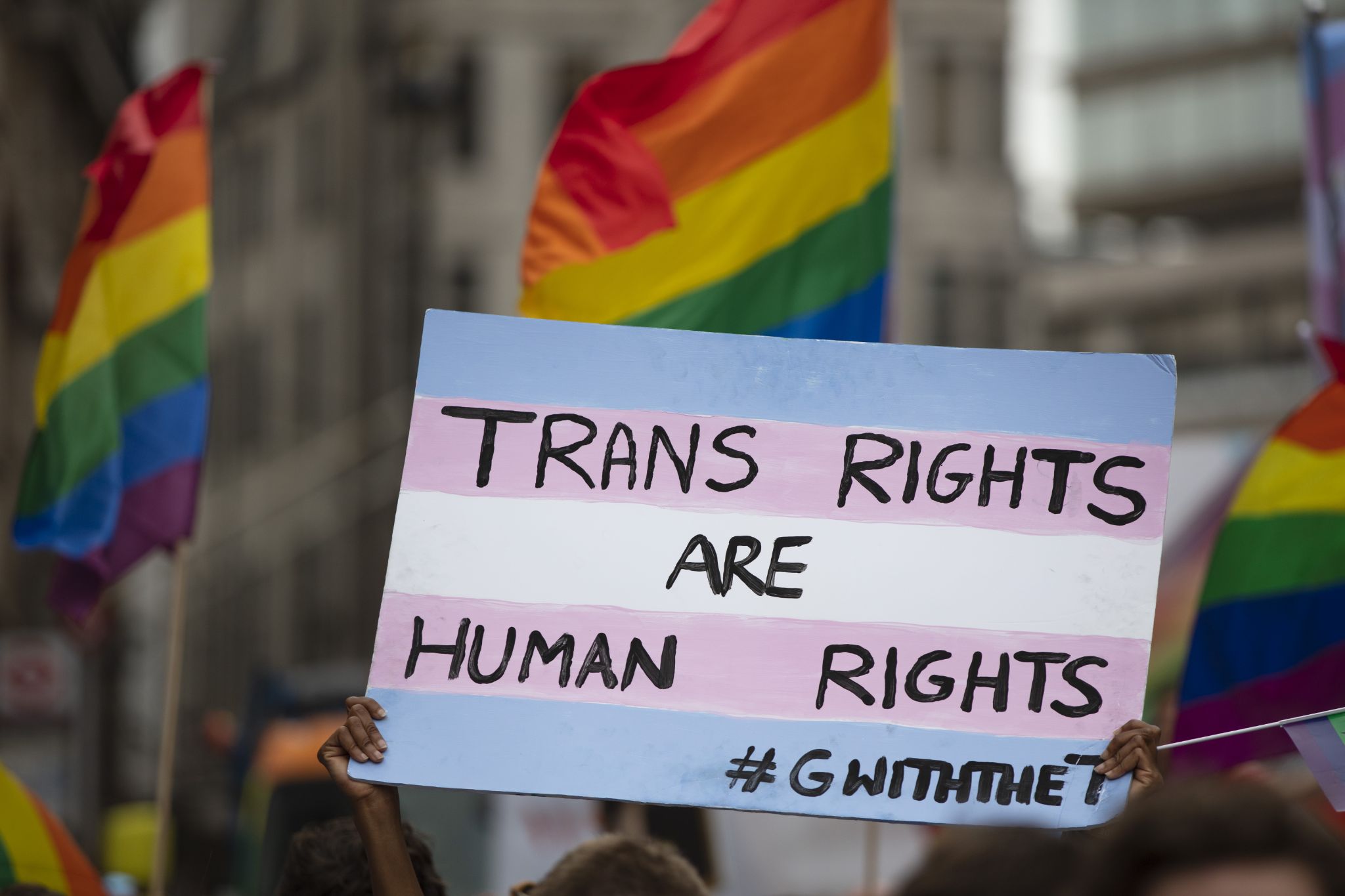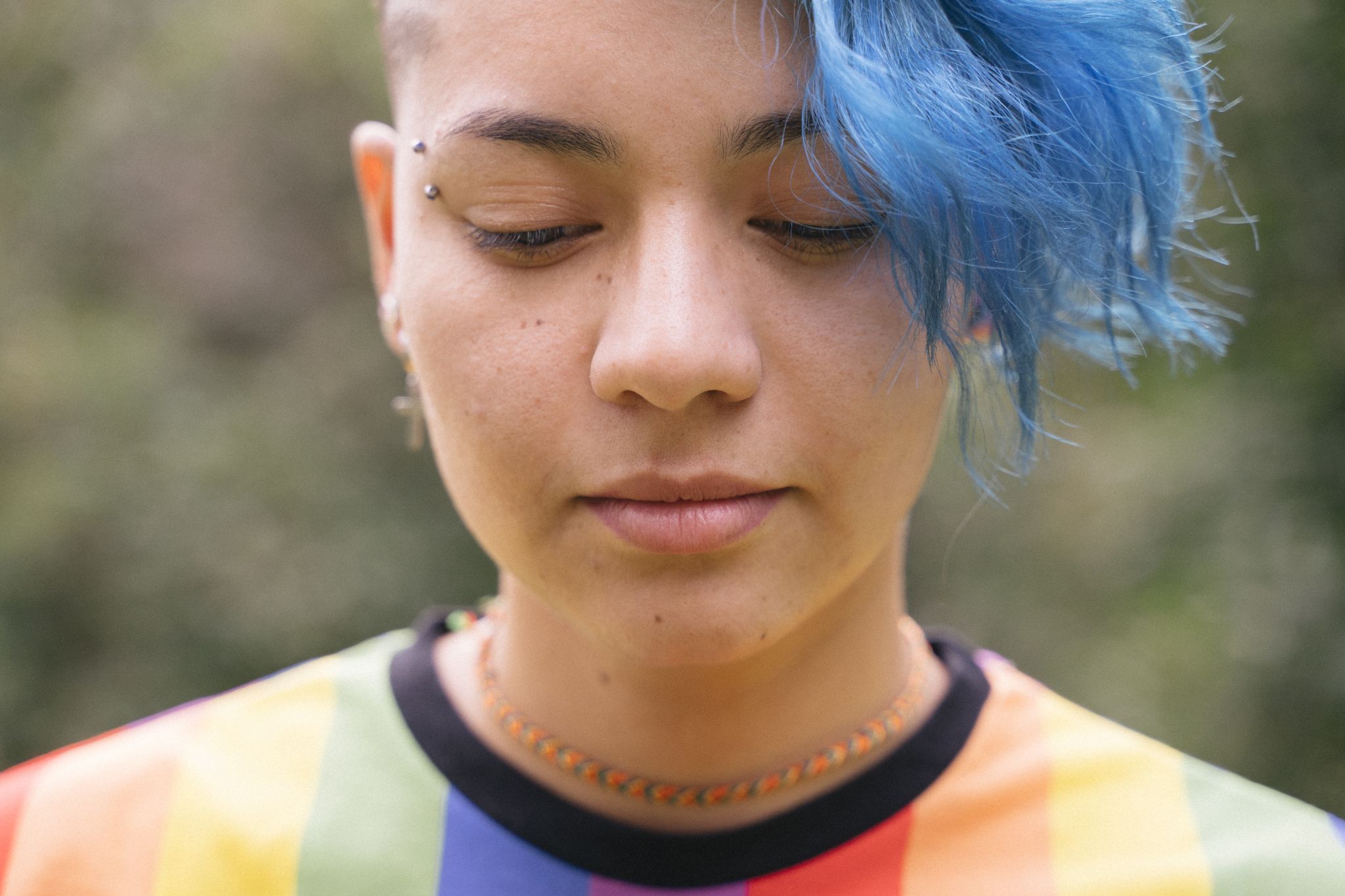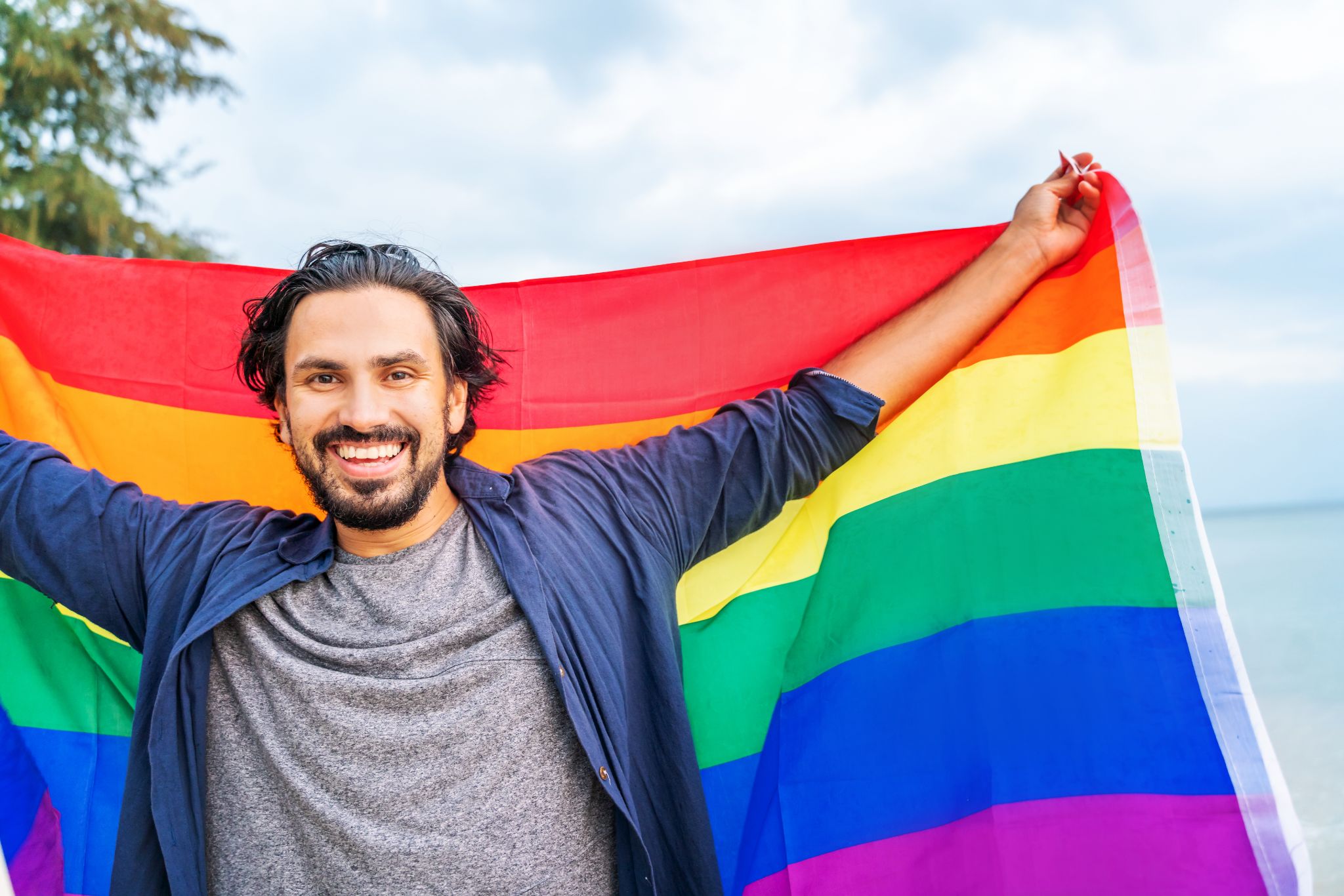
Addiction in the LGBTQ Community
It’s estimated that 9 percent of Americans misuse illicit substances. But among the lesbian, gay, bisexual, transgender, and queer (LGBTQ) community, that estimation is far higher at 20 to 30 percent.1 We’ll explore the LGBT and substance abuse link.
Reasons for Substance Abuse in the LGBTQ Community
The reasons for higher rates of substance abuse among LGBTQ people are many and varied. Generally speaking, members of this community experience obstacles and challenges that heterosexual and cisgender individuals do not.
Rejection
After coming out, individuals may be rejected by their families and friends. They may also be shamed by them, leaving them with little or no system of support to rely on. This can significantly increase emotional vulnerability among transgender and other populations, leading to substance abuse.
Discrimination in the Community

The discrimination that individuals in this community face on a daily basis is a significant contributing factor for substance abuse. Individuals may be discriminated against by their friends and family, coworkers, or others.
Discrimination in the Workplace
Discrimination due to one’s sexual orientation or gender can manifest itself in the workplace in any number of ways, including being passed over for promotions and loss of employment. Additionally, some individuals may be denied employment elsewhere, which can also lead to abuse of alcohol and drugs.
Self-Hatred and Internalization
Individuals may face difficulty accepting their sexual orientation due to their parents’ or community’s views regarding sexual orientation and gender, or pressure to conform in largely heterosexual and cisgender communities. Self-hatred and internalized homophobia and transphobia can develop as a result, raising substance abuse risk.
Religious Intolerance
Members of the LGBTQ community can and do experience religious intolerance due to their sexuality and gender. This can prevent them from accessing support from the religious or spiritual community, as well as prevent them from participating in certain faiths.
Abuse and Crime
LGBTQ community members are also frequent victims of public humiliation, ridicule and emotional abuse, both from loved ones and the general public. Hate crimes perpetrated against members of what is often considered to be a sexual minority are also factors in substance misuse.
Co-Occurring Conditions
The depression, anxiety, and similar conditions which can develop as the result of the above factors often co-occur with substance abuse; individuals may choose to self-medicate in favor of seeking professional help. These conditions may also exist prior to the abuse of substances.
Commonly Abused Substances

The substances most commonly abused by LGBTQ members include alcohol, heroin, marijuana, and amphetamines.
Alcohol
Alcohol is a very common substance of choice due to the fact that it’s easily accessible. Chronic alcohol abuse can lead to a number of health issues, including cirrhosis, depression, and alcohol poisoning.
Heroin
Heroin’s highly addictive nature makes it particularly dangerous for LGBTQ community members. The euphoria one experiences after the first use can be sufficient to cause addiction. As time goes on, an individual will seek more of this particular drug out of a desire to experience the same euphoria generated by their first use.
Marijuana
Marijuana is another substance that’s easily obtainable and often used for its ability to reduce anxiety and increase feelings of happiness. The increased THC content of marijuana today can mean that frequent misuse poses the increased risk of accidents caused by intoxication.
Amphetamines
Amphetamines and other “club drugs” are popular choices among individuals in the LGBTQ community. These highly addictive substances are also highly dangerous; chronic use has been associated with stroke and heart attacks. Additionally, use of some club drugs like MDMA can cause dehydration, dangerous overheating, and death.
Prescription Opioids
The LGTBQ community is also experiencing high rates of prescription opioid abuse. These drugs are also very likely to be habit forming. In addition, opioid use can develop into addiction at far lower doses than that of other habit-forming drugs.
Some Statistics
A recent nationwide survey about substance use revealed that LGBTQ respondents were more likely to have:
- Started using illicit substances at 13 years of age or under
- Started drug use with a harder drug (heroin, cocaine, meth, etc.)
- Tried more drug types2
As far as getting needed treatment for substance use and mental health problems, 30% of LGBTQ community reported feeling as though their sexuality made getting help more difficult. While 47% of individuals felt that no support was available when help was needed to stop using a substance.2
A Substance Abuse and Mental Health Services Administration (SAMHSA) study conducted in 2019 revealed that:
- 6 million LGBTQ individuals aged 18 or older in the United States had a substance use disorder (SUD)
- 9 million LGBTQ Americans with an SUD also had a mental illness
- 2 million individuals struggled with alcohol use disorder3
Recognizing the Signs of Substance Abuse
There are many signs which indicate a developing substance use disorder. A person may:
- Withdraw from friends and family
- Become irritable or aggressive when asked about their use
- Experience cravings after stopping use of a substance
- Have tried to stop using several time in the past but was unsuccessful
- Have failed to meet work, school or family obligations in favor of using a substance
- No longer enjoy activities they used to participate in
- Begin spending time with a different group of friends
In addition, an individual may feel as though they need to use a substance to feel normal. They may also take a substance for longer or use it more frequently than they intend to. They may also encounter financial difficulty as the result of spending money on substances instead of a mortgage or other debt.
Available Treatment Options
Addiction is a disease with several available forms of treatment. Medically assisted detoxification allows for the safe removal of a substance from the system in a medically supervised environment. This is usually a required step before being checked into a treatment facility.

Primary care follows detoxification. This involves living at a residence located at the treatment center, and allows clients to focus fully on their recovery. Clients may also benefit from extended residential treatment.
Another option is outpatient treatment, which provides support to clients after they’ve completed treatment in a residential setting. Sober living programs provide clients with the needed tools for life outside of the treatment center.
Intensive outpatient programs, also known as IOPs, allow clients to build the foundation for lifelong sobriety with a flexible schedule that doesn’t require a residential stay.
Choosing the Right Treatment Center

The right treatment center will offer treatment options at a cost that’s within reach for all. Yellowstone Recovery helps gay and bisexual men and women as well as transgender and questioning individuals overcome addiction with many types of treatment, including:
- Group counseling
- Experiential therapy
- Individual counseling
- Employment placement assistance
At Yellowstone Recovery, we ensure our clients have the support they need at all stages of the treatment and recovery process. Our daily addiction treatment program curriculum offers relapse prevention, anger management, personal growth, boundaries and barriers, behavioral health, and much more.
We’re a non-profit addiction treatment facility with over 20 years experience in substance abuse treatment and recovery. If you or someone you love is experiencing addiction, you can come home to recovery at Yellowstone; call (888) 418-4188 to learn more about our specialized programs.
Sources:
- https://www.americanprogress.org/issues/lgbtq-rights/reports/2012/03/09/11228/why-the-gay-and-transgender-population-experiences-higher-rates-of-substance-use/
- https://instinctmagazine.com/comparing-drug-use-statistics-in-the-lgbtq-heterosexual-community/
- https://www.samhsa.gov/data/sites/default/files/reports/rpt31104/2019NSDUH-LGB/LGB%202019%20NSDUH.pdf








